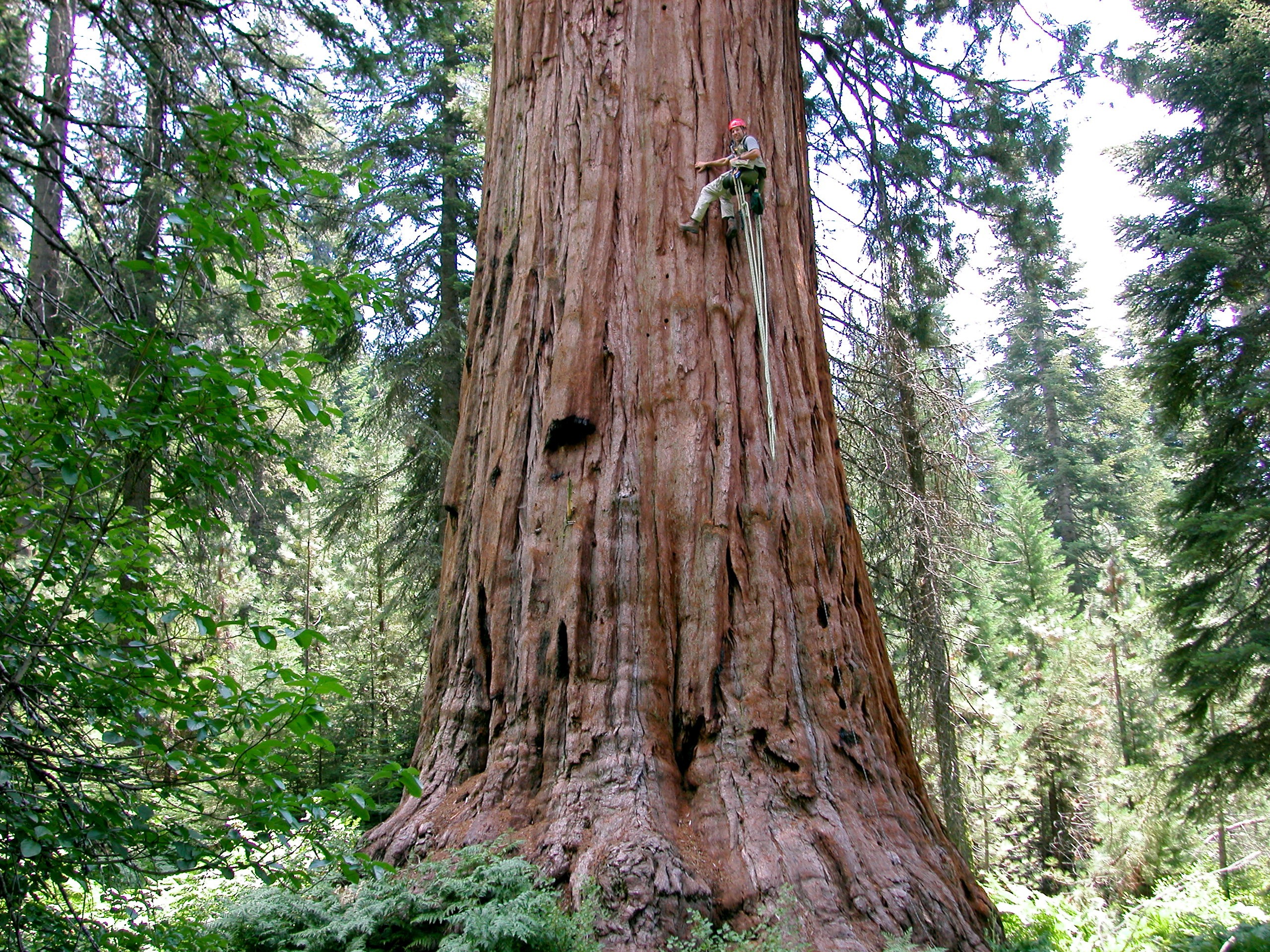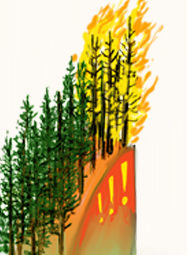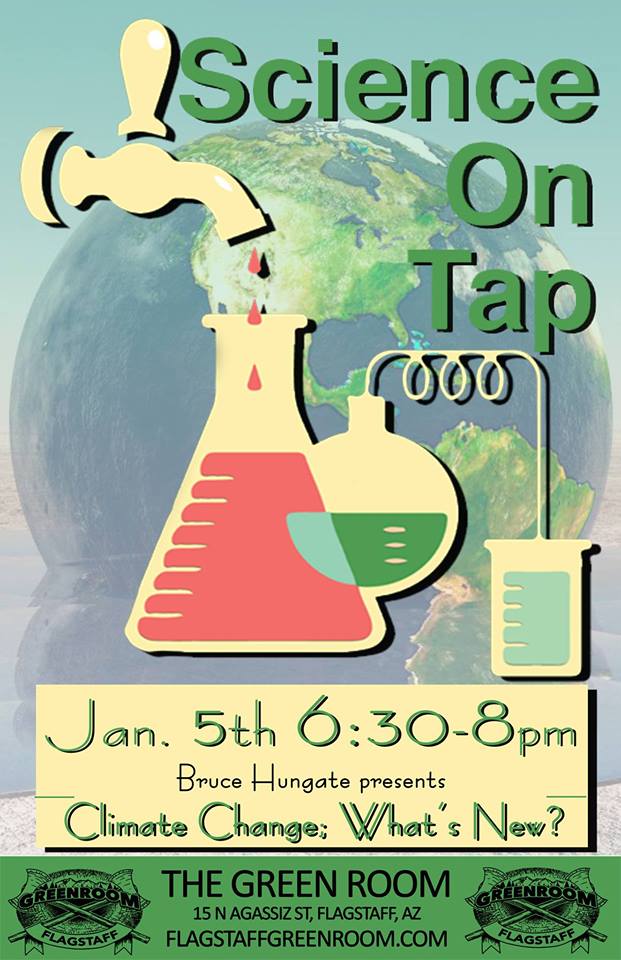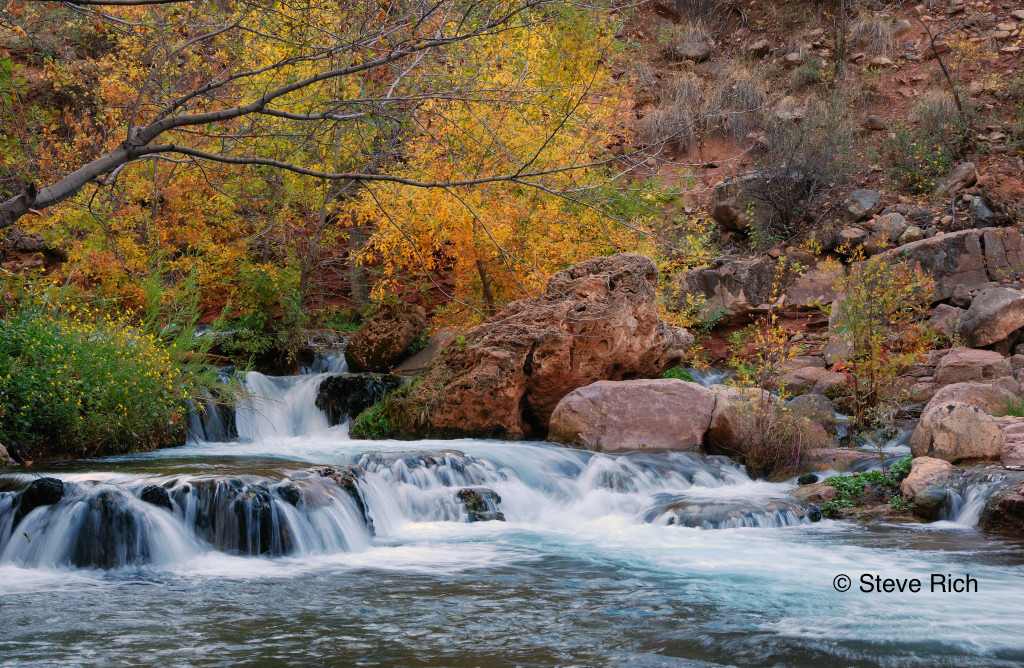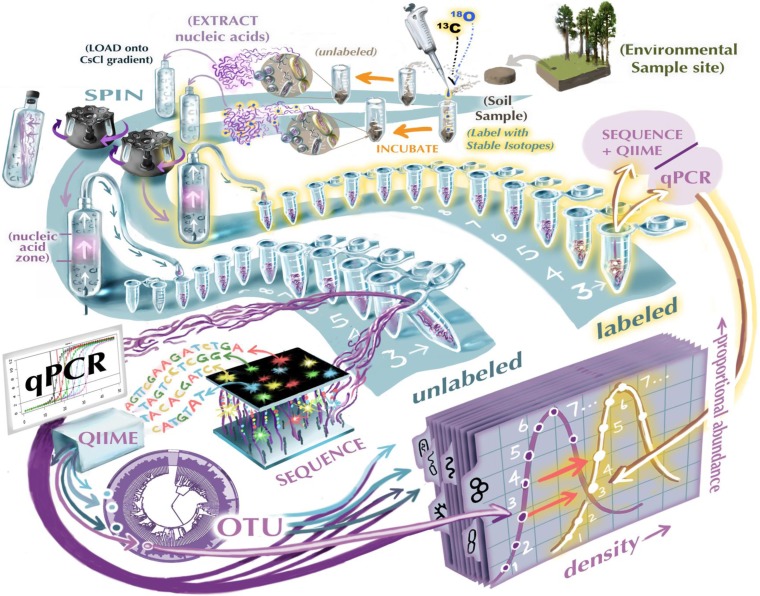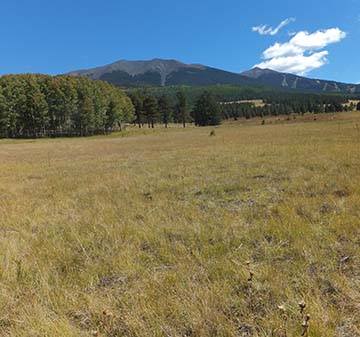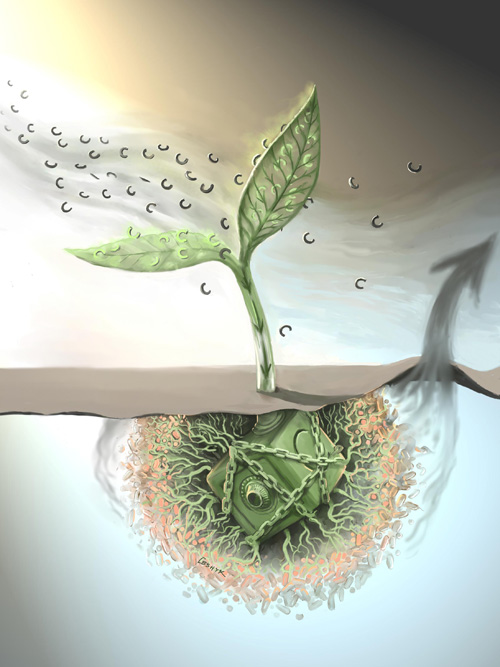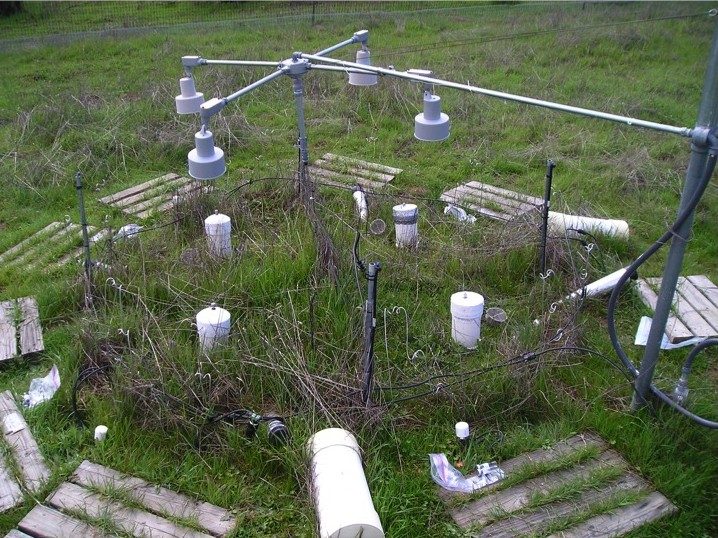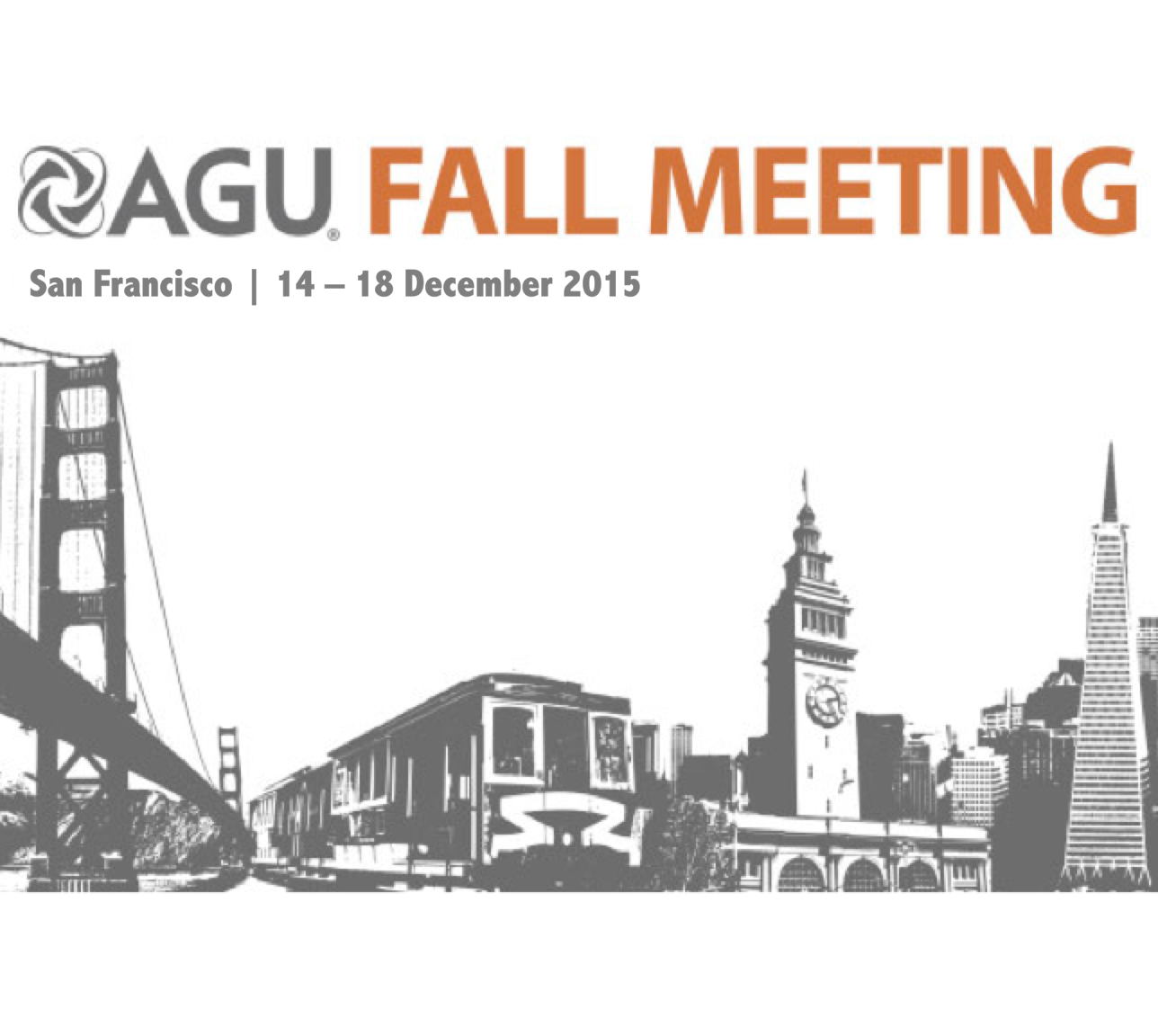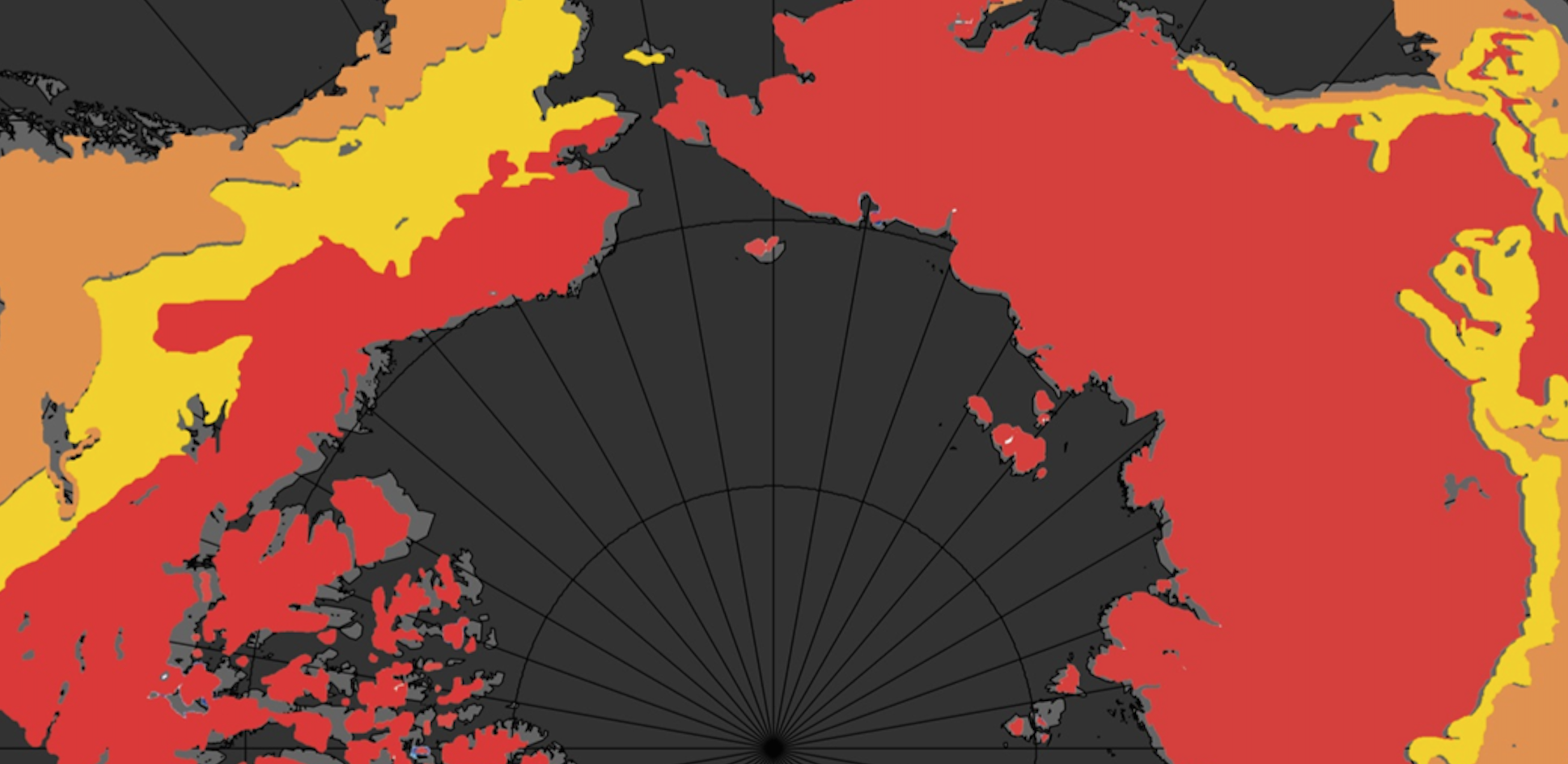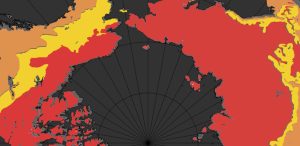Plant Ecophysiology
Ecoss studies the interactions of plants with their physical and biotic environments at a fundamental level common to all organisms: gas exchange, energy balance, and water relations. We explore how plants make a living in diverse environments ranging from deserts to rainforests. A longstanding interest is the biophysical and ecological Read more…
